
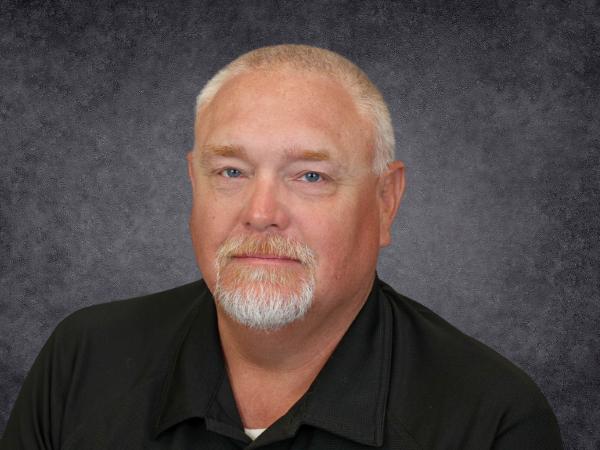



Dr. Megan Duncan Executive Director m.duncan@theaaea.org
Dr. Karla Neathery Assistant Executive Director k.neathery@theaaea.org
Sarah Jerry K-12 Elevate Portal Supervisor s.jerry@theaaea.org
Sharon Chuculate Fiscal Services Coordinator s.chuculate@theaaea.org
Sarah Shamburger Business Manager s.shamburger@theaaea.org
Alyse Mattox Communications & Technology Specialist a.mattox@theaaea.org
Melanie Thrasher Business Analyst m.thrasher@theaaea.org
Lana Webb Membership & Certification Coordinator l.webb@theaaea.org
Molly Franxman Administrative Assistant m.franxman@theaaea.org
Mike Mertens Consultant m.mertens@theaaea.org
Lenett Thrasher Consultant l.thrasher@theaaea.org
AAEA Fall Conference, November 13, 2025 Benton Event Center
Steel to Cotton: Industry and Economic Development Tour, November 19, 2025 Osceola, AR
AASA Superintendent Symposium, January 21-22, 2026
DoubleTree Hotel, Little Rock
AASBO Conference, February 11-12, 2026
Hot Springs Convention Center
TEL-AR Conference, February 18-19, 2026
Wyndham Riverfront Hotel, North Little Rock
Human Capital Leader Certification: Human Capital 101, February 23, 2026
Little Rock School District
ArkASPA Spring Conference, February 24, 2026
Wyndham Riverfront Hotel, North Little Rock
AACIA Conference, March 3, 2026 Benton Event Center
Women in Leadership Conference, April 15-16, 2026 Robinson Center, Little Rock
CASBO Classes, April 22-23, 2026
UCA Brewer-Hegeman Conference Center
AACTEA/ACTE Region IV Joint Conference, April 29-May 1, 2026 Embassy Suites, Rogers
AAFC Spring Conference, April 29-May 1, 2026
Hot Springs Convention Center
AASEA Conference, June 9-10, 2026 Benton Event Center
AAEA Summer Conference, July 27-29, 2026 Statehouse Convention Center/Marriott Hotel
For more information, visit theaaea.org/events.
Charles Warren AAEA President Chief Financial Officer, Fort Smith
Dr. Debbie Bruick-Jones AASA President Superintendent, Bentonville
Shavon Jackson AAESP President-Elect Principal, Russellville
Melissa Powell ArkASPA President Assistant Superintendent & Director of HR, El Dorado
Justin Robertson AASBO Past President Chief Financial Officer, Russellville
Molly Davis AAMLA President Principal, Rogers
Dr. Megan Duncan AAEA Executive Director
Dr. Jason Reeves AAEA President-Elect and AASSP Past President Superintendent, Mountainburg
Dr. Jeremy Owoh AASA President-Elect Superintendent, Jacksonville/ North Pulaski
Steven Helmick AAESP Past President Principal, Little Rock
Shantele Raper AACTEA President Assistant Superintendent, Rivercrest
Domonique Alexander AASEA President Special Education Supervisor, Fort Smith
Randall Bolinger ASPMA President (until Oct) Maintenance/Facilities Supervisor, Siloam Springs
Dr. Jared Cleveland AAEA Secretary Superintendent, Springdale
Dr. Karen Walters AASA Secretary Superintendent, Bryant
Jason Selig AASSP President Director of Instruction, Lake Hamilton
Lea Metcalf-McDonald AAFC President Executive Director of Curriculum, Texarkana
Dr. Kelli Martin AACIA President DeputyGreenbrierSuperintendent,
Raymond Reynolds ASPMA President (begin Oct) Maintenance/Facilities Supervisor, Searcy
Stacy DeFoor
AAEA Past President Assistant Superintendent, Sheridan
Betsy Laughter AAESP President Principal, Marion
Charles Nelson AASSP President-Elect Principal, Greene County Tech
Pam McCammon AASBO President BusinessGreenbrierManager,
Valerie King AAGEA President Director of Gifted Programs, Siloam Springs
B.J. TEL-ARBurgessPresident Director of GreenbrierTechnology,
Presidential
American Fidelity Assurance Co.
Bailey Education Group
Curriculum Associates
Educational Benefits
Lifetouch National School Studios
NIET - National Institute for Excellence in Teaching Solution Tree
Prestigious Cognia
Renaissance Learning
Stephens
Distinguished Apptegy
Arkansas Army National Guard
Capturing Kids’ Hearts
Coryell Roofing and Construction
Lexia Learning
The Kirkland Group
Diamond
Amazon Business
Baldwin & Shell
Conscious Discipline
First Security Beardsley
Imagine Learning
Modern Classrooms Project
OnToCollege
Phoenix Contractors
Platinum
AAMSCO
Architecture Plus
Arkansas Public Safety Solutions
C.R. Crawford Construction
Energy Systems Group
ESS
Hight Jackson Associates PA
HMH | NWEA
Just Right Reader
Legacy
Construction Management
Nabholz | Entegrity Energy Partners
Polk Stanley Wilcox Architects
Powers of Arkansas
Progressive Technologies
Pro Service Builders
Reach University
TRANE
Gold
CDI Contractors
Cromwell Architects Engineers
Cynergy Rehab Group Goalbook
IXL Learning
Kinco Constructors
Middleton Heat and Air
Paragon Architecture
Red Comet
TIPS The Interlocal Purchasing System
White River Services and Solutions
WIlson Language Training
Silver
American Bus Sales
Correll
French Architects, PA
K12 Tutoring
My Benefits Channel
SEAS
SmartData All-In-One Strategos Group

Dr. Megan Duncan, AAEA Executive Director
Some of the most meaningful learning happens before or after school for our children. Time spent on the football field or basketball court where a coach serves as a mentor. In a school library during times where children need additional support. In the cafeteria at family literacy night or a community center where high school students partner to teach younger students.
Across Arkansas, educators understand that school doesn’t end at 3:30 p.m. It is ongoing for students, families, and the communities we serve. As leaders, we are constantly reimagining the role of schools in ways that better serve our children and families.

Extended learning opportunities, after-school programs, tutoring, summer learning, and internships are no longer considered the above and beyond, they serve as lifelines. Especially for children who need more time, more attention, and more opportunity. These experiences do more than improve test scores. They build relationships. They provide belonging. They keep children safe. They help to connect learning and bring it to life. For our working families, it provides a sense of peace knowing their children are cared for in a supportive environment.
The best extended learning programs are powered by strong partnerships. Community-based organizations, local businesses, faith groups, libraries, and city departments are stepping up to cocreate solutions with school leaders. Education leaders are reimagining learning possibilities like transforming buses to be repurposed as mobile learning labs, libraries, or provide dental care. In other areas of the state, students are gaining work experience through paid apprenticeships. It’s not one-sizefits-all. It’s responsive, local, and centered on the needs of each child.
When schools welcome families as partners in learning, the entire community benefits. Whether through parent academies, financial literacy nights, or cooking classes that double as language support, we can create spaces where families grow alongside their children. These efforts show families: You belong here. You matter. And we’re in this together.
As school leaders, we have the privilege and the responsibility to build ecosystems of support beyond the bell. Yes, it takes resources. Yes, it takes coordination. And most of all, it takes vision. Let’s lead with heart. When we provide connections for our students we build on the trust, connection, and plan for the next generation.
Dr. Karla Neathery, AAEA Assistant Executive Director

Is my school district required to have audio recording devices installed in each locker room by next school year?
No, each school district is required to have these installed by the 2027-2028 school year. Eli’s Law was created to require each public school district and open enrollment charter school to install an audio recording device in each locker room and dressing room on all school campuses according to Act 908 or HB 1866.
If you have questions for Dr. Neathery, email her at k.neathery@theaaea.org .

Submitted by the National Institute for Excellence in Teaching
Arkansas educators are embracing stronger leadership roles as the state invests in advancing teacher quality and student outcomes under the LEARNS Act. At the core of this investment are two complementary designations: the Lead Professional Educator Designation and the Master Professional Educator Designation, both of which the National Institute for Excellence in Teaching (NIET) provides pathways to achieve. But what is the difference between these two designations, and how do they work together to strengthen school systems across the state?
Earning the Lead Professional Educator Designation with NIET empowers teachers to become effective mentors in their schools by guiding PLCs and strengthening research-based practices in every classroom. So far, more than 800 Arkansas teachers have earned the LEAD designation through NIET’s pathway training. “Every part of it I could immediately use,” Southwest Junior High Assistant Principal Emma Clay in Springdale Public Schools said about the pathway training she received as a teacher leader. “It made me feel more confident and grounded.”
NIET’s Master Professional Educator Designation Pathway is a direct and powerful pairing to the Lead Professional Educator Designation, furthering the state’s strategy to accelerate student learning and ensure new teachers are supported by accomplished classroom leaders. Participants focus on elevating their coaching skills - strengthening ELA and Math strategies through analyzing student work data, building reflective systems, and advancing their leadership skills to elevate the educators they support.
One resource that is extending and individualizing support for teacher leaders seeking to strengthen their coaching and mentoring skills is EE PASS, a video content library available to districts. EE PASS provides indepth models and lessons to hone the skills of every educator, including those who received the Lead and Master Educator designations through NIET pathways.
To learn more about NIET’s designation pathways and EE PASS resources, contact NIET’s Executive-in-Residence Karli Saracini at ksaracini@niet.org or Central Region Director Amy Gayle at agayle@niet.org.

Charles Warren, AAEA Board President
Believe it or not, when I think of Thanksgiving, I think of school buses. I’ve said some strange things in these monthly articles, but that statement is on a whole new level. Here’s the connection – growing up, my extended family would gather for Thanksgiving at my grandmother’s house in Elkins and my adult cousins would tell stories of their mischievous exploits going to high school in the late 1960s and early 1970s. It was a different time back then.
Jack and Joe, my adult cousins, are twins. Somehow, they were given tasks by administrators to keep them busy during study periods. They sometimes drove the school buses down the street to get refueled. One time, so the story goes, they decided to race two school buses down the rural two-lane highway when returning to the school. They discovered that you can’t peel out in a bus, but you can lay some rubber down when you brake suddenly to avoid the superintendent catching you. I know it was crazy dangerous, but it was a different time back then.
They sometimes drove the school buses home to wash them. One time, so yet another story goes, they decided to back the bus into the river with the back door open to let the water naturally wash the interior. Too much water came in and they could not drive the bus back out of the river. They had to get another bus to pull the first bus out and drain the water. I know what you’re thinking, but as I said, it was a different time back then.
Unlike Jack and Joe, responsible adults drive our school buses. My cousin Sara, from the other side of my family, drove a school bus while going to college. She made homemade popcorn balls and handed them out to students on Halloween. She made Christmas cookies, Valentine’s Day treats, and other surprises for the kids she got to know on her route. I know we can’t do that now, but, wait for it, it was a different time back then.
I reached out to Melody Crane, Business Manager for Hector School District to talk about Transportation. She’s the reigning Truett Goatcher Arkansas School Business Administrator of the Year, so she’s got some street cred – pun intended. She’s been working at Hector since 1998, with the last twenty years as Business Manager. She’s a Hector graduate, so she shares my background as a graduate from an Arkansas rural school district.
She reminded me that the staff in transportation live a hard life when weather conditions are worrisome. On bad weather days, transportation gets on the roads so that students and teachers don’t have to be out. As a rural school district, she has a couple of mountain routes that may not run, even if school stays open in bad weather.
Even in an urban area like Fort Smith, administrators become weather forecasters to ensure kids are safe traveling to and from our schools. It is literally a thankless job because rarely does a parent call up and say “well done,” but there’s no stopping them using hindsight to post “that was a bad call,” like I might yell at the SEC referee while watching a football game on my TV.
Melody also talked about the value of the Enhanced Transportation funding to her rural district. That’s not something I deal with in Fort Smith, but it’s a big deal to Hector. There’s a part of me that’s glad that it’s not on my radar. That funding formula is super-secret – like the Coca-Cola-formula-secret or the KFC-
eleven-herbs-and-spices-secret. I’m nervous collecting revenue that I can’t recalculate. I like the expression “trust, but verify,” so I prefer funding formulas with math I can check. You would think that as the elementary principal’s kid, I could just ride to and from school with my dad. That was mostly the case, but there were some years that my brother Bill and I would ride the bus home so that my dad could work late at the school – my own form of enhanced transportation. My mom would pick us up at the closest bus stop, Chris Curlee’s house. Please note that I said “Bill and I” and not “Bill, Jonathan, and I.” This was the period of time the most beloved son, Jonathan, was a preschooler and stayed at home with our mom all day. Not that Bill and I are bitter.
As a kid, I found it a thrill to ride the bus. I got to learn where some classmates lived. Although I occasionally rode on a route, I spent a lot more time on the bus going to and from ball games in junior high school and high school. I can also remember riding on field trips and going to the roller skating rink for class parties.
My brother Jonathan knew in high school he was going to be an educator. Our dad encouraged him to drive a bus while going to college. He took this learned advice and had four years of credit with the Arkansas Teachers Retirement System when he got his teaching license. He’s barely 50 and the most beloved son is drawing retirement benefits.
Administrators may only think about bus drivers and bus aides when an accident is reported. We tend to forget that they are, for many of our students, the first and last school contact every day. These individuals can make a lasting impression on our students.
Melody told me that two-thirds of her route drivers are also teachers or full-time classified staff. That’s a good gig if you can get it. You get two contracts for performing two distinct jobs. If you keep your bus at your house, your commute time is basically paid. If you are a non-exempt employee (defined last month), you are likely to qualify for overtime. That’s why I call these non-exempt employees “two-timers.” The payroll team has to look at two different full-time hourly rates to determine the blended rate of overtime they will earn. Please note that I use the term “two-timer” lovingly, not nefariously.
Just like child nutrition employees, bus drivers and bus aides really get to know the students. Sara knew every kid on her route. Growing up in Elkins, Mr. Faubus always drove the bus for the athletes. He didn’t even have kids playing, but he was our most devoted fan. After one particularly successful season, with extra state tournament trips, we all chipped in and bought him a box of his favorite cigars. Did I mention, it was a different time back then?
In stark contrast to a box of cigars, I’m glad districts can offer health insurance to a bus driver as a full-time employee. I just wish we could extend it to bus aides as well. These jobs may not have long hours in a given school day, but the impact can be real. They provide a welcome smile and a safe journey to ensure a kid gets to school and back home again every school day. There’s something very honorable about the person willing to get a Commercial Driver’s License (CDL) in service of a school. That includes my beloved brother, who still has his CDL.
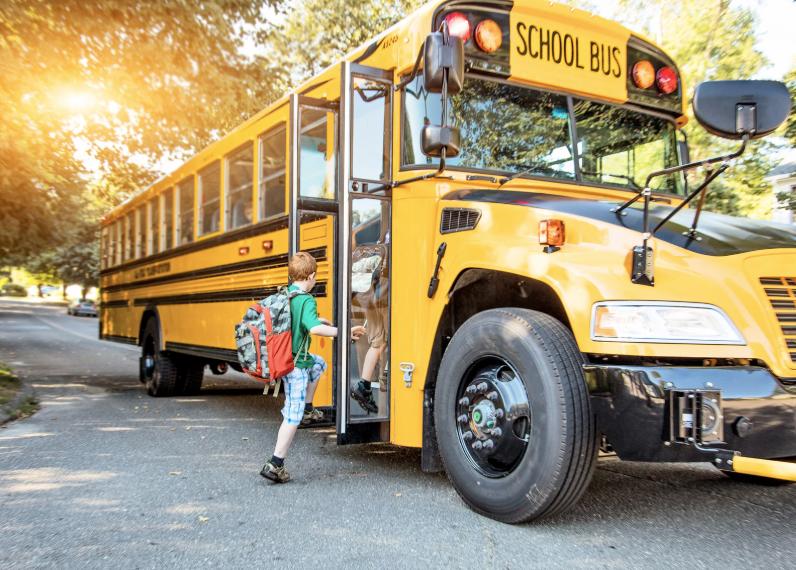

Maintenance Director, Siloam Springs School District
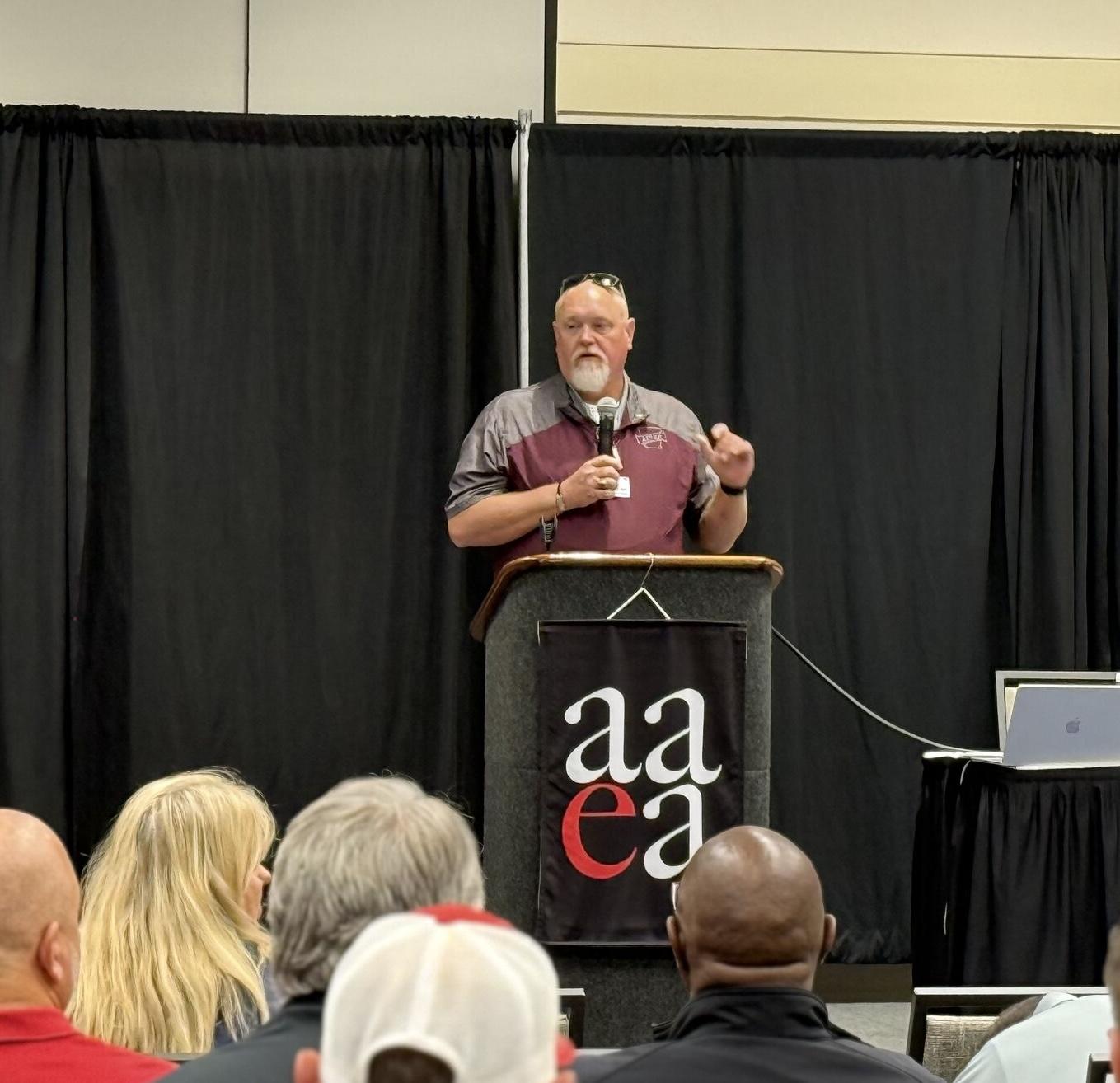
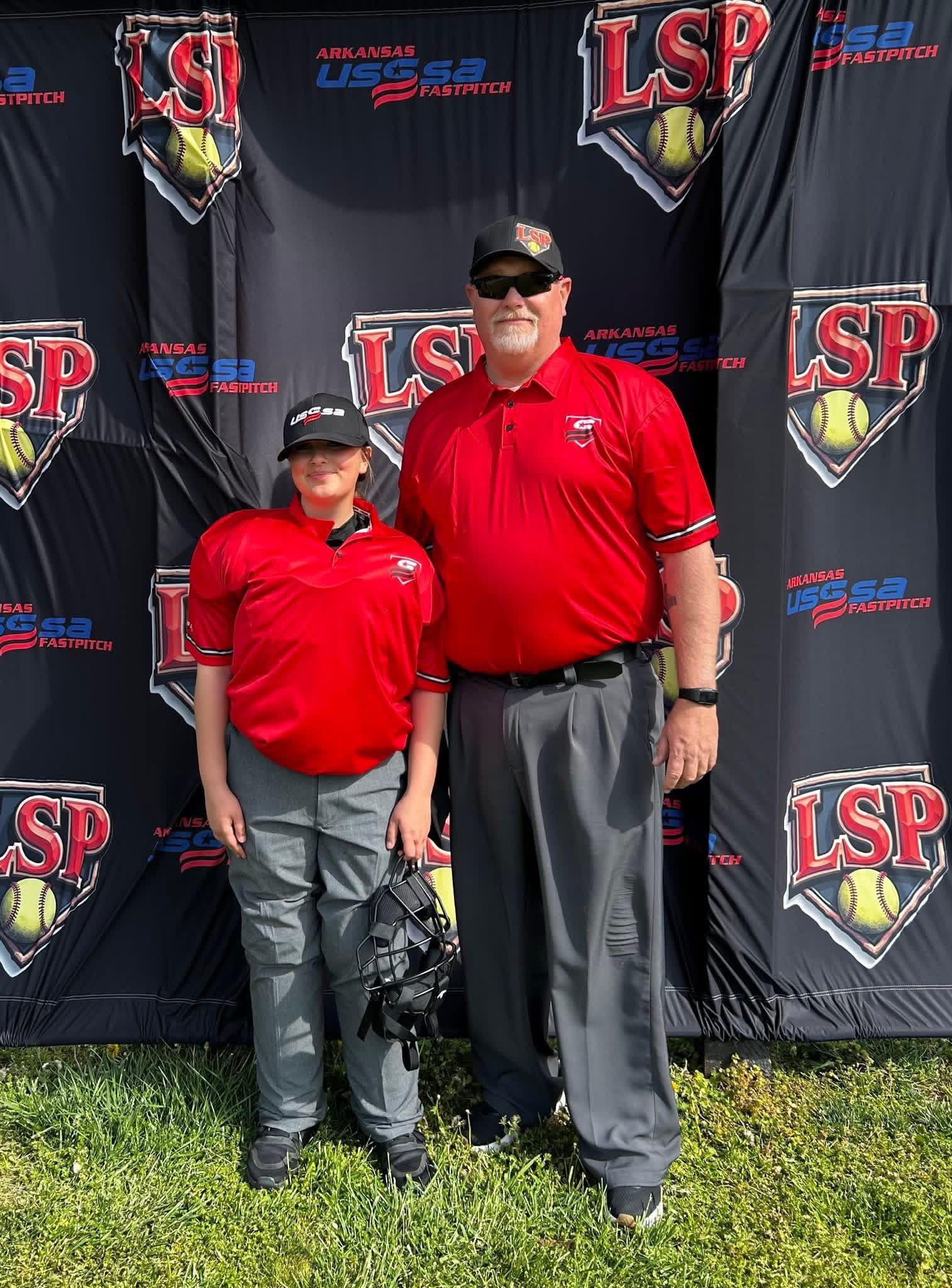
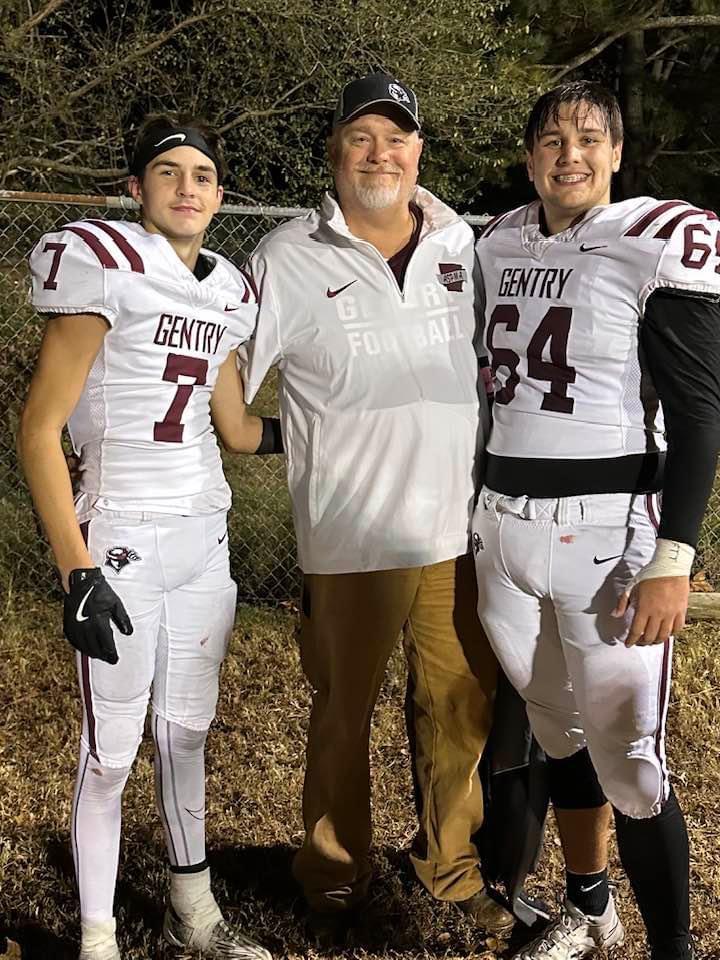
Randall Bolinger, Maintenance Director for the Siloam Springs School District didn't know he wanted to work in education until he started in his current position in May of 2014. "Now I wish I had started here," he states. Before coming to the district, he worked at Walmart as a construction manager for over twenty years.
Randall says his favorite thing about his current position is being able to provide "warm, safe, and welcoming facilities for all of our students, staff, and community." The most challenging part of the job is that the task list can seem endless - "There is always stuff left at the end of the day," he says. Advice that has helped him is "[don't] knuckle under from the pressure of the daily grind," while he would advise others interested in the career: "jump in with both feet and hang on for the ride."
Randall says the goal he is most working toward is "to keep my facilities in the best shape we can keep them in, and take care of the students and faculty." His efforts to provide top-rate facilities has been recognized by his peers, leading him to being awarded both the ASPMA Blue
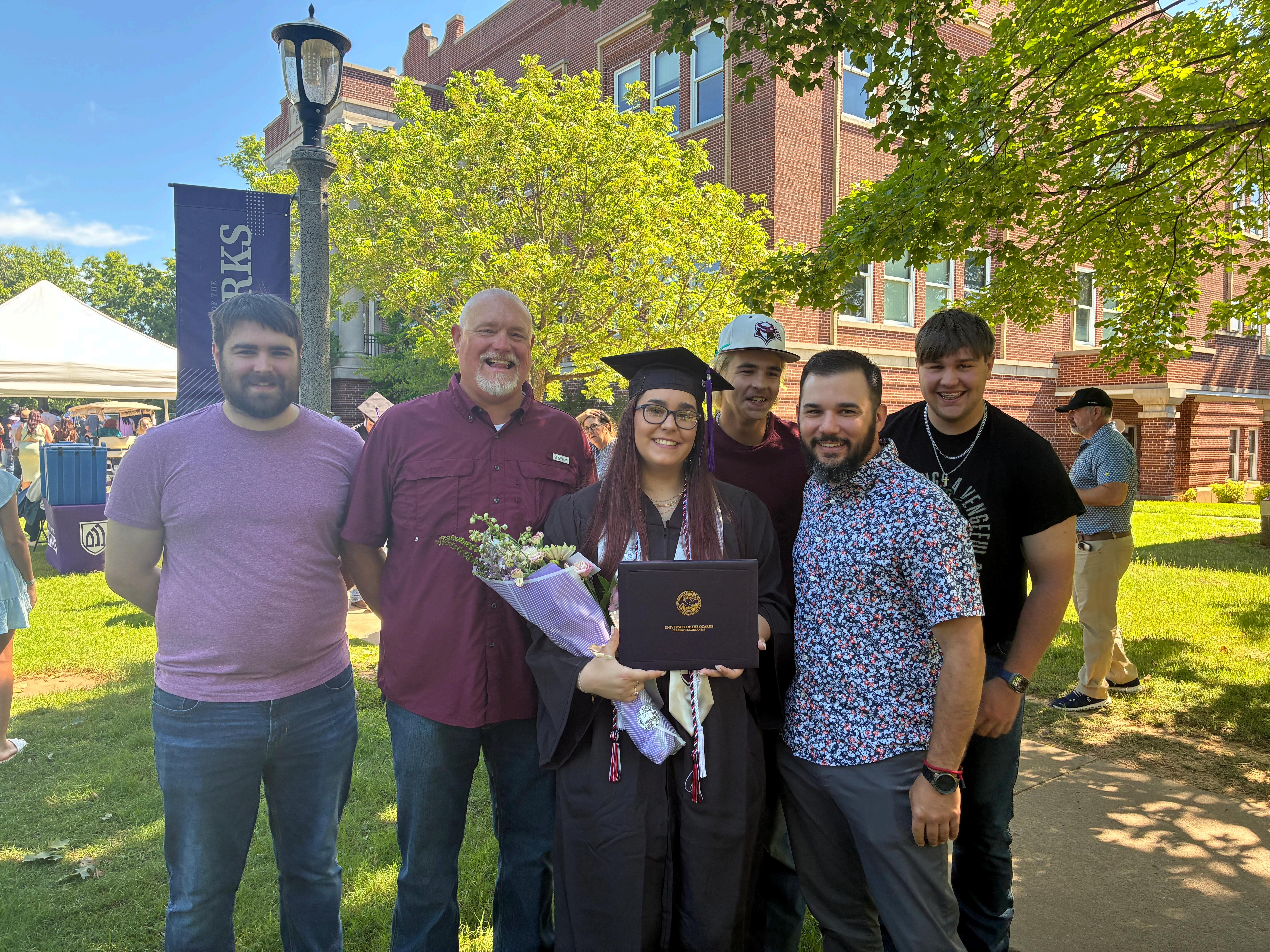
What might other administrators be surprised to know about you?
While at Walmart I got to travel to all 50 US states, and 5 Canadian Providences.
What is the most daring thing you’ve done?
Flew in a 2 seat helicopter that had no doors on it
What do you enjoy doing during your time off?
Spending time with kids and family, going to Hog games when I can, and just relaxing.
What is one of the things on your “Bucket List?”
I’ve always wanted to do the AMTRAK train that goes around the US.
How would your co-workers describe you?
Tough but fair
What major changes have you seen in education during your career?
Well I got to see the changes during the COVID years, how we did before vs how we do now.
Where do you see yourself in five years?
I see myself here taking care of business, and the kids of our district.
What do you see as the biggest benefit of AAEA membership?
The biggest benefit I see is the networking, getting to serve on the AAEA board and getting to know folks within other groups.
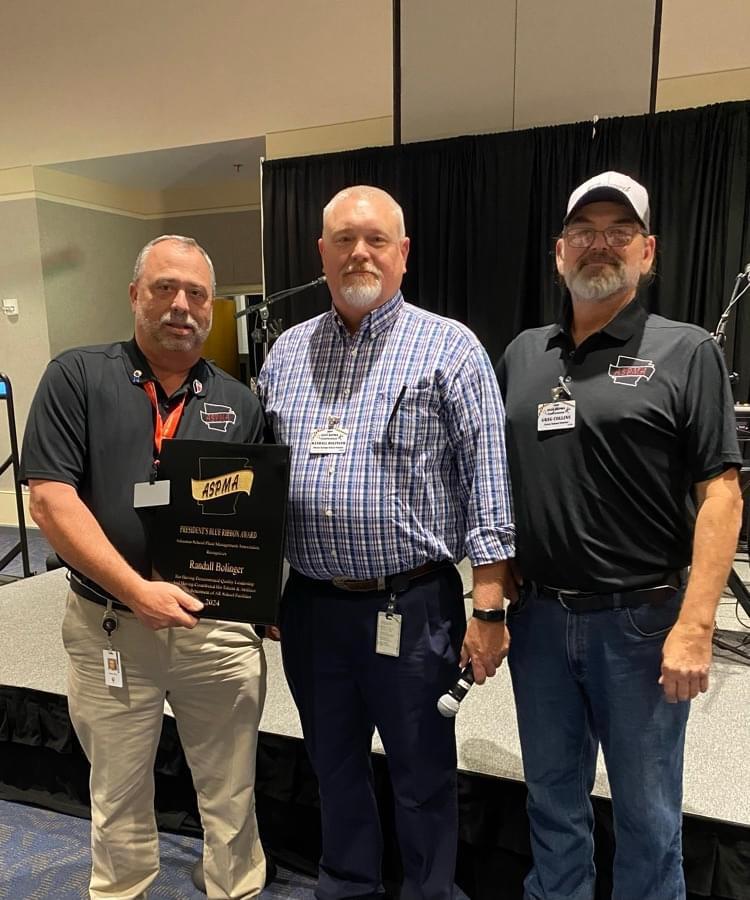

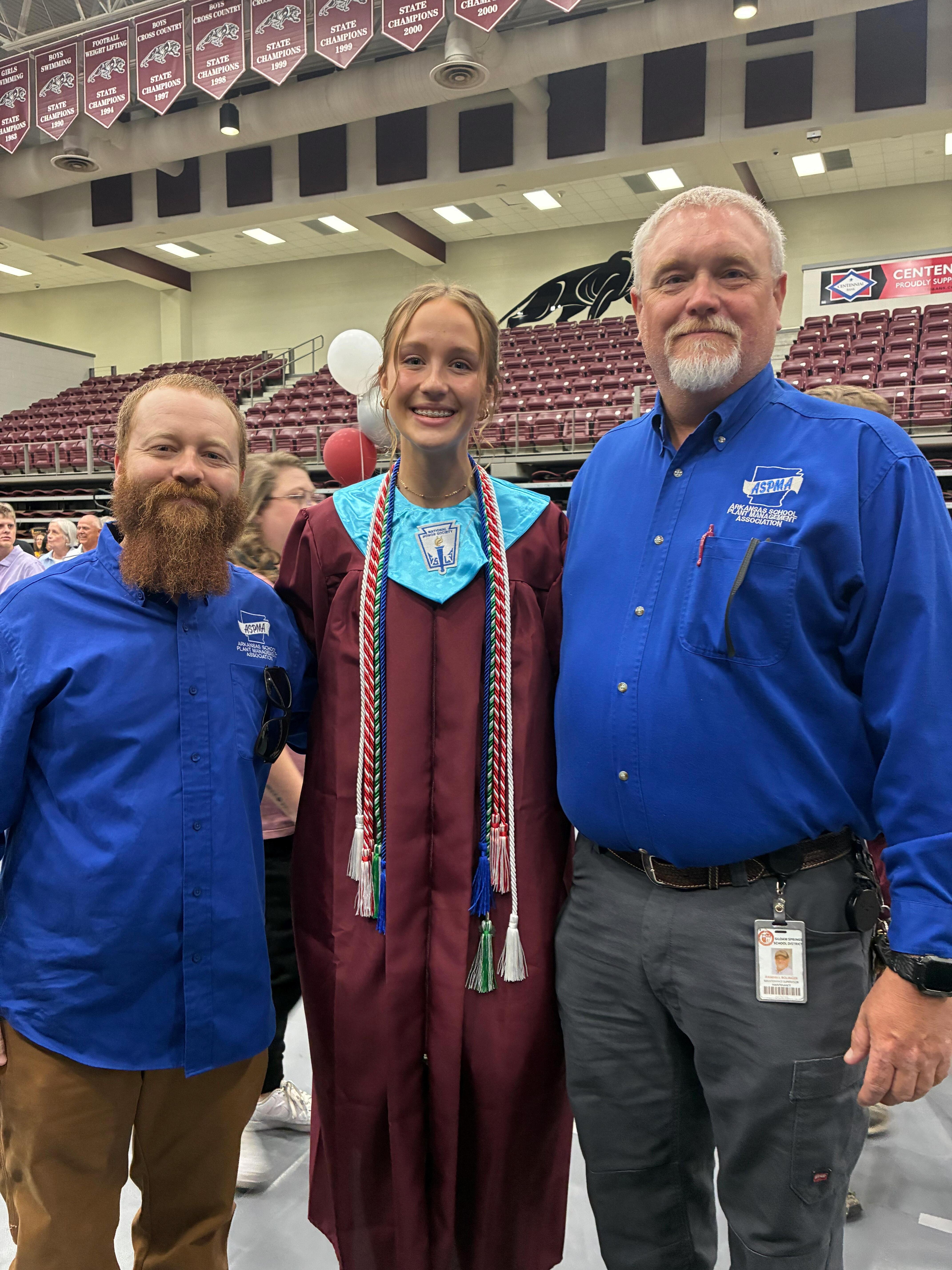












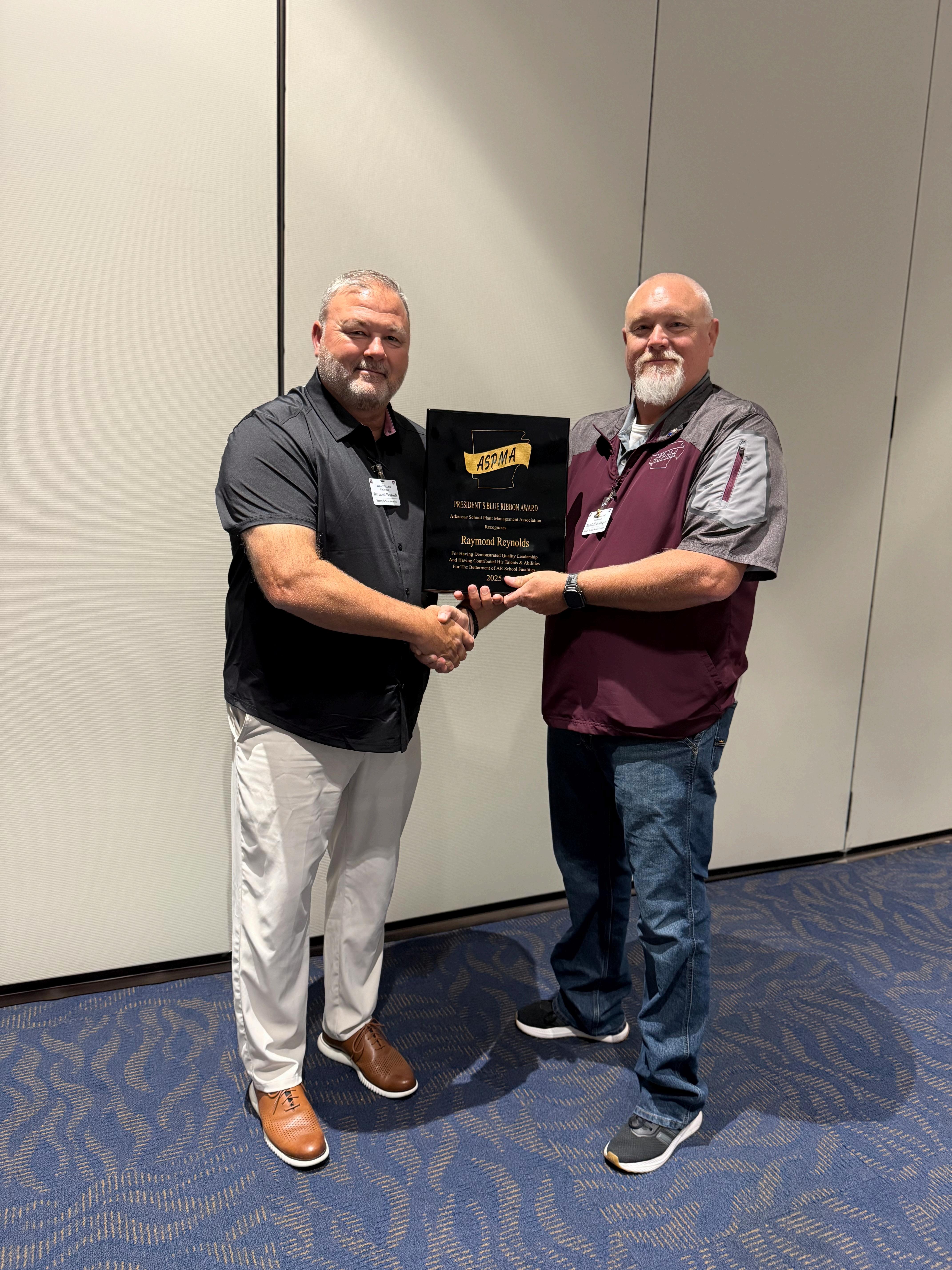
Raymond Reynolds was presented the Blue Ribbon Award at the ASPMA annual conference at the Hot Springs Convention Center on October 1. This annual award is given to Arkansas School Plant Management Association members who have demonstrated quality leadership and have contributed their talents, efforts, and abilities for the betterment of Arkansas school facilities. Raymond, Maintenance & Facilities Supervisor with the Searcy Public Schools, has served on the ASPMA board of directors in various positions and was installed as the association president for 2025-2026 at the annual conference. He has also chaired the ASPMA scholarship committee for a number of years. Congratulations to Raymond on a recognition well deserved!
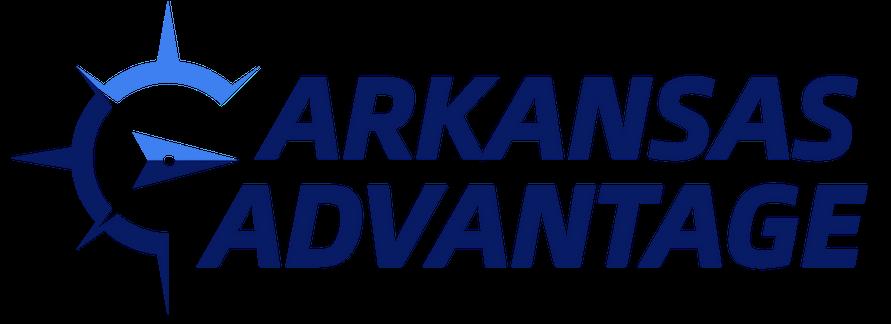


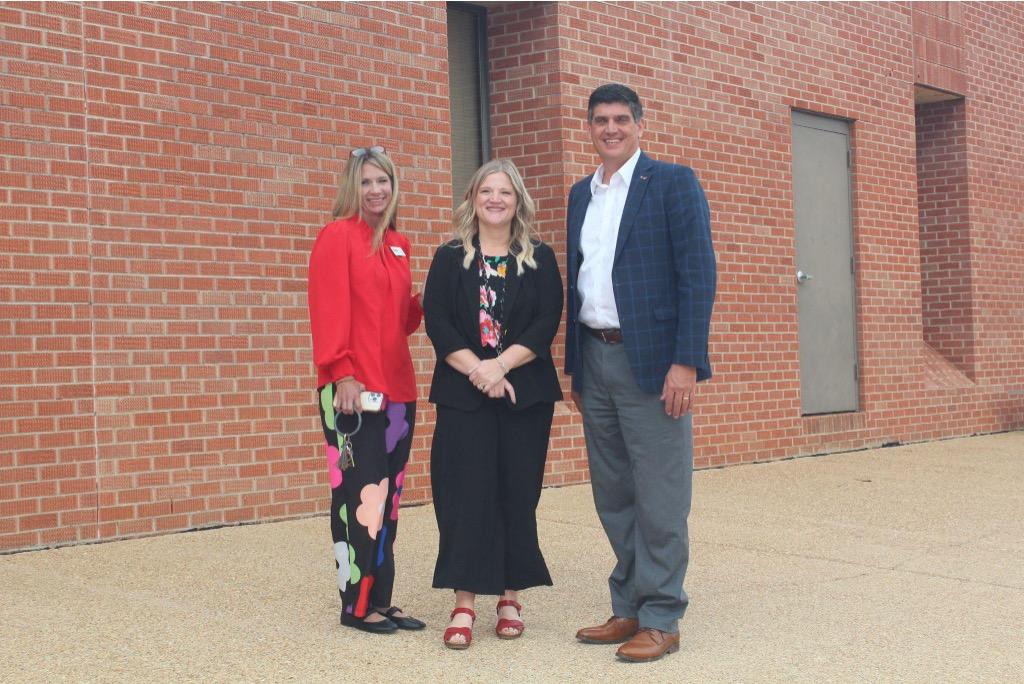
Magnolia Public Schools continues to show what can happen when leadership, teacher expertise, and shared purpose come together to support literacy growth. Led by Superintendent John “Skipper” Ward, the district has made a purposeful investment in reading instruction and intervention, empowering both educators and students.
The district’s guiding motto, “All Belong, All Learn, All Succeed,” captures a philosophy that extends from pre-kindergarten through graduation. Across campuses, educators are united by a shared commitment to the Science of Reading, continuous improvement, and a collaborative approach to instruction. These priorities have already led to measurable growth and a strong sense of optimism about the future for Magnolia students.
While this spotlight focuses on Central Elementary and Magnolia Middle School, outstanding work is also happening at East Side Elementary School (grades K–2), where the earliest readers begin their literacy journey, and at Magnolia High School, where teachers are building on that foundation to ensure every graduate leaves prepared for college, career, and community success.
At Central Elementary School (grades 3-5), students deepen the literacy foundation established at East Side Elementary through structured, evidence based reading practices and content rich instruction.
Principal Angie Waters and Literacy Facilitator Terri Guess showcased several third grade classrooms that exemplified Magnolia’s strong instructional framework.

In Ms. Amy Vallery’s literacy class, students engaged in weekly morphology practice surrounded by vibrant anchor charts featuring text features, story elements, parts of speech, growth mindset, and daily affirmations. Through purposeful questioning, Vallery encouraged students to make cross disciplinary connections, integrating literacy and science to strengthen comprehension and critical thinking.
In Ms. Gabrielle Jones’s science classroom, students worked through hands-on experiments, forming hypotheses, testing predictions, and recording observations. One student beamed, “Science is the best thing in my life!” This joyful sentiment reflects the district’s culture of curiosity and engagement.
The district’s literacy plan and website highlight Magnolia’s recognition as a Gold Level R.I.S.E. Community by the Arkansas Department of Education, acknowledging its strong community partnerships and its districtwide emphasis on literacy excellence.
At Magnolia Middle School, the district’s literacy focus continues through the Strategic Reading course, a specialized class designed to support students who benefit from additional reading instruction. Students in this program take both English Language Arts (ELA) and Strategic Reading, effectively doubling their minutes of literacy learning each day.
Teachers selected to lead these courses are trained interventionists with targeted dyslexia certifications. They guide small groups through rotations of whole group, small group, and independent practice,



providing differentiated instruction that builds fluency, comprehension, and vocabulary.
Seventh grade teacher Kendra Holley engaged students in a vocabulary lesson focused on morphology, encouraging them to analyze how prefixes, roots, and suffixes influence meaning. Down the hall, sixth grade teacher Melinda Black guided students through a reading lesson emphasizing comprehension, vocabulary, and reflection, helping them read with purpose and confidence.
Accompanying the tour were Assistant Principal Krissy Clober, Superintendent Ward, and Literacy Facilitator Melissa Matthews, who provide ongoing instructional support to ensure consistency in the district’s literacy approach. The leadership team noted that implementing the Strategic Reading program required creative scheduling, resource coordination, and collaboration across teams, a challenge that
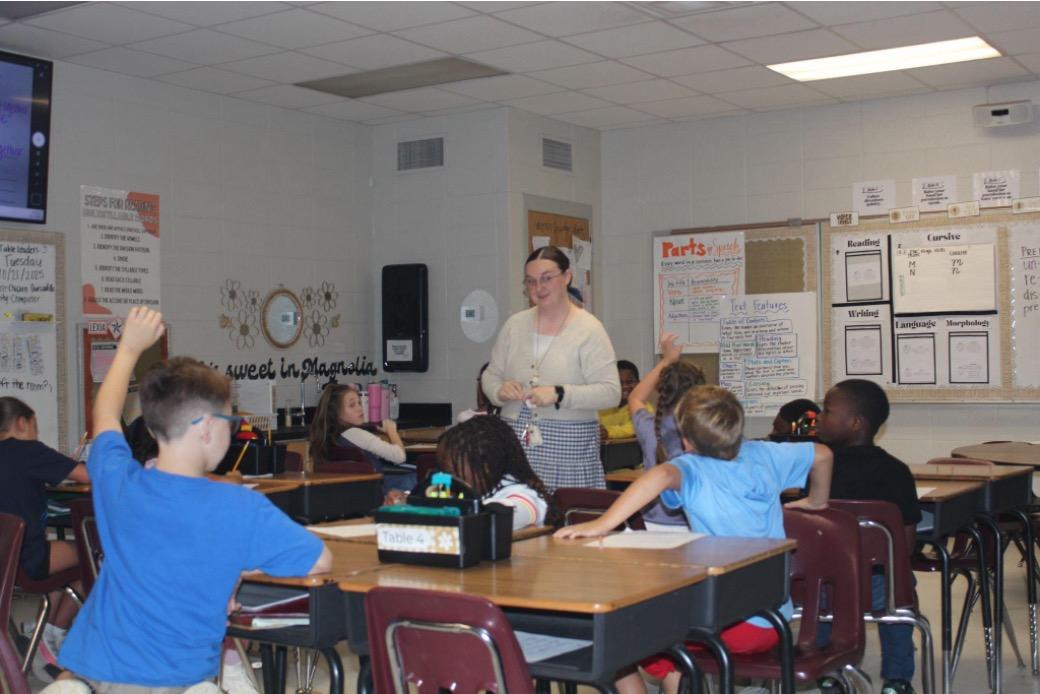
Magnolia Public Schools continues to anticipate even greater gains as its literacy initiatives evolve. The district’s literacy plan emphasizes sustained training, data driven decision making, and high quality instructional materials aligned to the Science of Reading. Administrators, facilitators, and teachers are working together to ensure that every student builds the skills and confidence needed for lifelong learning.
From the foundational work at East Side Elementary, to the deepening literacy practice at Central Elementary, to the targeted interventions at Magnolia Middle School, and the continued application at Magnolia High School, the educators are demonstrating the power of alignment when classroom practice, collaboration, and leadership all move in the same direction. Magnolia’s story is one of growth, teamwork, and enduring promise for the future of Arkansas students.
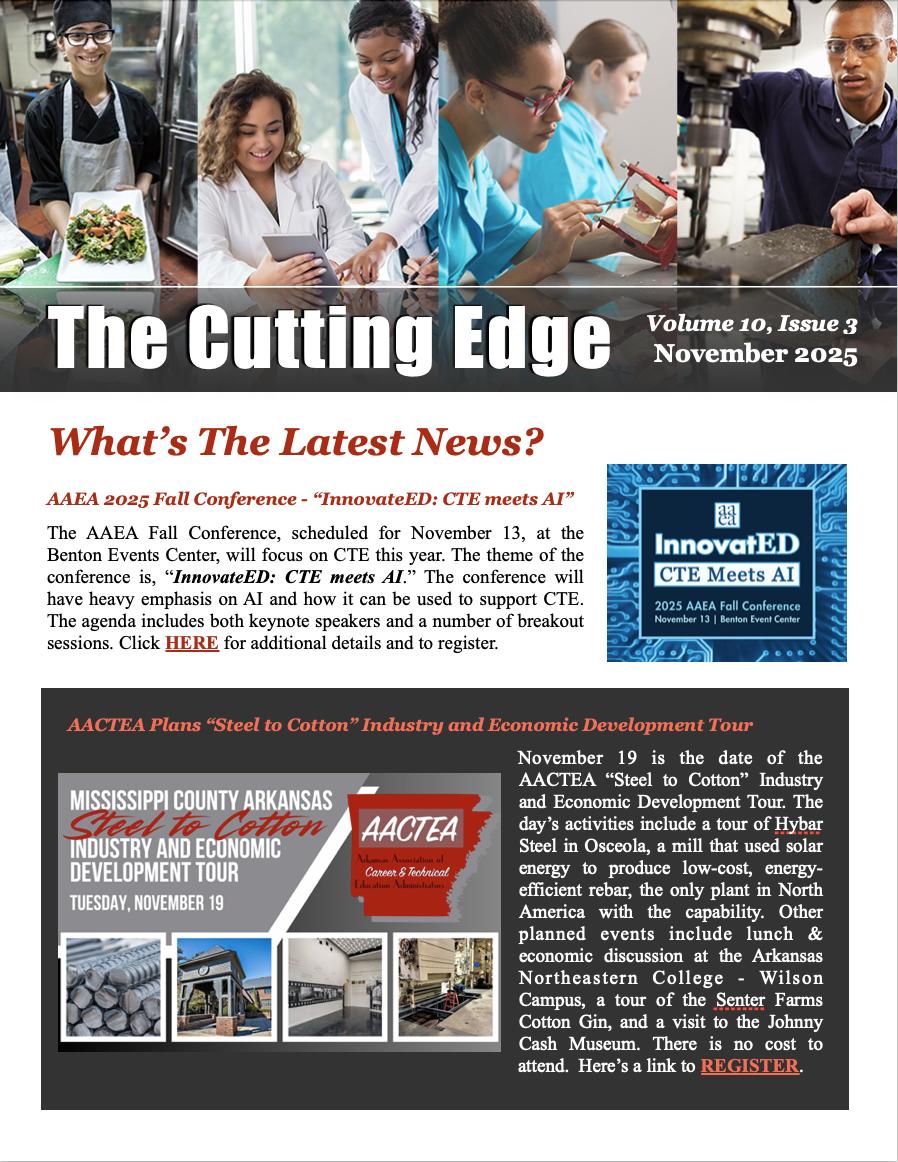

This segment features content from other AAEA publications. The Cutting Edge is a monthly publication available to AACTEA members. The following excerpt comes from the November 2025 issue.

The Arkansas Department of Education recently released information in Commissioner’s Memo COM-26-017 regarding an exciting opportunity for students. The Presidential AI Challenge (Challenge) is a national challenge where K-12 students, educators, mentors, and community teams come together to solve real-world problems in their communities using AI-powered solutions, with an opportunity to showcase their solutions at a national level.
The JAG (Jobs for Arkansas Graduates/Jobs for America's Graduates) program at the ALLPS Schools of Innovation in Fayetteville is designed to provide students with the tools and knowledge they need to pursue meaningful and sustainable careers. Students are challenged to think beyond traditional entrylevel jobs, to connect with community partners and employers, and to explore a wide range of professional opportunities. Beyond career development, JAG students have also made a meaningful impact in the community, contributing over 100 hours of volunteer service to date this school year.
SouthArk in El Dorado offers Career and Technical programs available to high school juniors and seniors attending Union County High Schools, as well as the Arkansas Virtual Academy. Students participating in these programs are considered "dual credit," meaning they receive both high school and college credit simultaneously. In addition, tuition and books are provided by SouthArk at no cost to the student. Students in grades 10 and 11 can register for classes during their spring semester.
Programs offered include: Automotive Service Technology, Health Science Technology, Forestry, Criminal Justice, Industrial Engineering Technology, Medium/Heavy Truck Diesel Service Technology, and Welding Technology. Click HERE for additional information.
Interested in more from The Cutting Edge? Contact our office at 501-372-1691.

The AAEA Job Board is a calendar-year subscription that assists districts with the ever-increasing challenge of recruiting quality staff. It is a significant resource for educators, both in-state and out-of-state, seeking employment in Arkansas schools.
Over 165 school districts are participating in the program, which has been extremely helpful to schools and educators over the years. The site is used year-round and is accessed extensively during the second semester. It is not unusual to see over 400 jobs posted on the Job Board at one time. With an account, school districts may post unlimited job vacancies throughout the year.
To subscribe (by district) or to post job openings, contact Lana Webb, Administrative Specialist, at l.webb@theaaea.org or at 501-372-1691.
CoSN is a great resource for school technology administrators. Check this page monthly for links to articles to assist technology leaders as they navigate through digital learning transformations.
